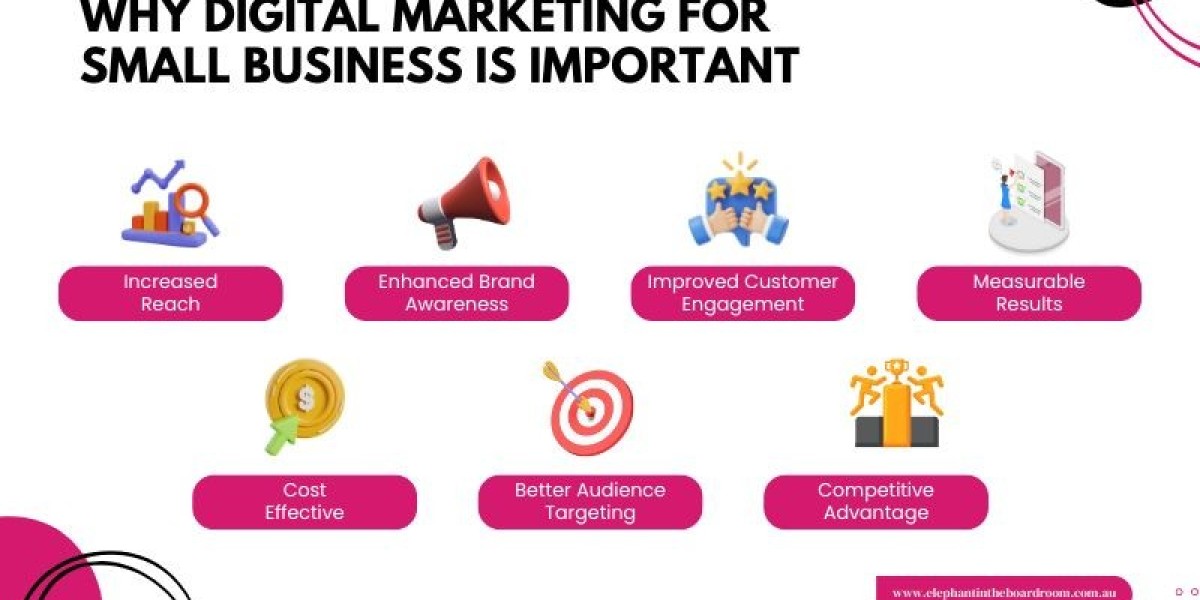SEO (Search Engine Optimisation) is one of the key pillars of a digital marketing strategy, consisting of various tactics designed to help Google deliver search results that satisfy its users.
An effective SEO strategy ensures your business assets will rank prominently on a search engine results page (SERP), helping drive quality traffic to your website.
Keywords
Keywords are at the core of an effective SEO strategy. They allow you to connect with searchers looking for similar products or services and drive them towards your website. In addition, keywords can help measure how well your marketing efforts are performing - for instance if your keywords are underperforming then perhaps altering your approach would be worthwhile.
Keywords, or search words or phrases, are words or phrases entered into search engines such as Google to perform searches. Keyphrases (combinations of words like "mens leather jacket") can also be considered keywords.
An effective keyword should be a popular term that is related to your products or services, while being mindful not to overstuff your content with keywords; too many can come off as spam and damage credibility. Furthermore, keywords should reflect searchers' intentions rather than simply reflecting popularity of terms used for searching purposes. The site https://cruisingissafecom.com/ allows you to gather information about Digital Marketing quickly.
On-page optimization
Although search engines change, certain fundamental techniques remain essential to an effective SEO strategy. One such technique is On-Page Optimization (OP), which involves improving the content and structure of individual web pages to ensure maximum relevancy for user intent. It includes optimising titles, meta tags, internal linking strategies and ensure that each page provides enough useful information.
Off-page optimization factors are equally as essential, yet you have more control over on-page optimizations. The key to successful on-page optimizations lies in making sure every page contains targeted keywords, provides an exceptional user experience and can be understood easily by Google.
An optimized website also includes features like a clear sitemap, internal linking and structured navigation which help search engines understand a client's content and return the best possible results for queries. On-page SEO efforts may help improve local search rankings and drive organic traffic increases - AgencyAnalytics allows you to monitor these efforts while staying ahead of the curve and helping ensure clients meet long-term goals.
Off-page optimization
On-page SEO involves optimizing only parts of your website that you control; off-page optimization involves building links and garnering online mentions - such as brand mentions, unlinked citations and reviews, influencer partnerships, social media engagement or influencer partnerships - that help increase domain authority and search engine ranking.
Backlinks are essential to off-page SEO because they serve as digital endorsements that signal relevance and trustworthiness. Receiving high-quality backlinks from credible sites can drastically increase rankings.
Off-page SEO requires more than just link building; it also involves devising an effective content marketing and PR outreach program. This involves producing quality content while reaching out to influential bloggers or journalists within your industry; in addition, it may include providing useful resources or tools such as podcast show notes, webinar transcriptions or white papers as ways of providing value back to your audience. Although this may take more time and resources, its rewards could be tremendously worthwhile.
Link building
Search engine optimization (SEO) relies on links as one of its core elements. Search engines prize sites with quality, relevant links over those with few or none, because this demonstrates trust and credibility with them - something they take into consideration when ranking websites.
Content creation and outreach should form part of a comprehensive link building strategy, rather than be undertaken just to acquire links. A company which conducts groundbreaking research will likely reap many rewards by publishing their findings - these efforts may result in numerous links for them as a result!
Effective link-building strategies must adhere to Google's guidelines, meaning they must be ethical and avoid black hat techniques that manipulate search engine results - these techniques may include spammy linking practices and buying links.

